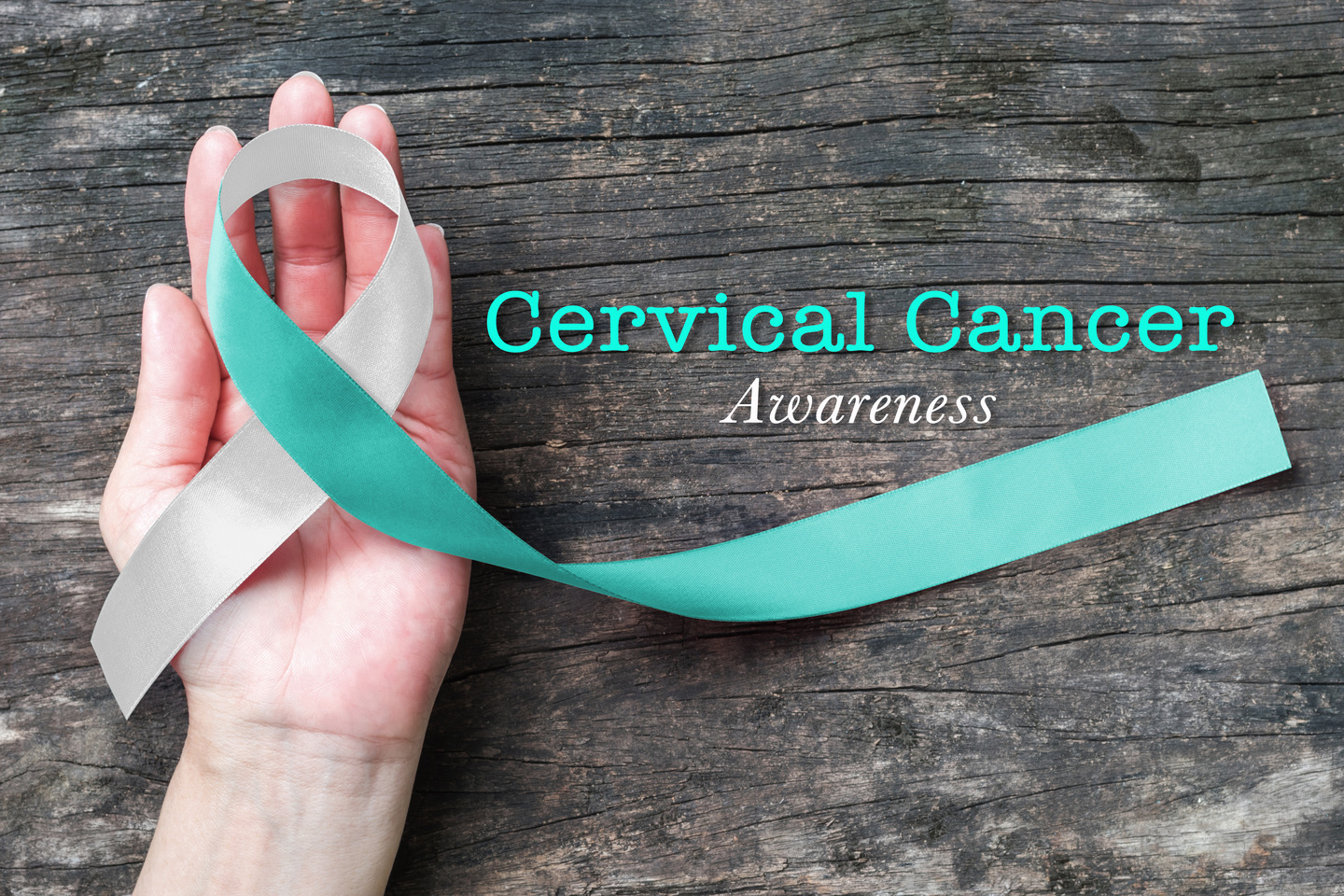Medical Devices
Cervical Cancer: Key Steps for Protection and Prevention

Cervical cancer remains a significant health issue, but the tools to prevent it are more accessible than ever. Through vaccination and regular screenings, individuals can significantly reduce their risk and promote early detection. This article will walk you through how getting vaccinated and staying on top of your screenings can help protect you from cervical cancer; and the steps you can take to stay protected.
What is Cervical Cancer?
Cervical cancer begins in the cells of the cervix, which is the lower part of the uterus that links to the vagina. It usually develops gradually, starting with unusual changes in cervical cells. These changes often happen because of an infection with the human papillomavirus (HPV). If left unchecked, these abnormal cells can turn cancerous, making early detection and treatment incredibly important.
Importance of Vaccination in Preventing Cervical Cancer
Vaccination is key in preventing cervical cancer, mainly because HPV is a virus spread through sexual contact and is its primary cause. Although not every type of HPV leads to cancer, some strains are riskier than others. The HPV vaccine shields you from the strains most likely to lead to cervical cancer, making it one of the best ways to stay protected.
Common Myths and Misconceptions
There are a lot of myths floating around about the HPV vaccine. Some people mistakenly believe that the vaccine is only for those who are already sexually active or that it can cause fertility issues. In reality, the vaccine works best when given before any HPV exposure, and it has no impact on fertility. Safety is another common concern, but studies show that the HPV vaccine is very safe and effective, with only minimal side effects for most people.
Importance of Regular Screening in Preventing Cervical Cancer
Vaccination is an important step in preventing cervical cancer, but it's equally important to get regular cervical cancer screenings. These screenings can catch any abnormal cell changes in the cervix before they can develop cancerous. By identifying these changes early, you can take the necessary steps to treat them and avoid more serious issues down the line.
What are Cervical Cancer Screenings?
When it comes to cervical cancer screenings, there are two main types you should know about: the Pap smear and the HPV test. A Pap smear checks for any abnormal cells in the cervix, while the HPV screening looks for the potential virus that can cause the growth of abnormal cells. Both of these tests are quick, easy, and non-invasive, usually done right at your doctor's office. Staying on top of these screenings is really important because catching any issues early can greatly improve your chances of successful treatment.
When Should You Get Screened?
Most women should start cervical cancer screenings when they turn 21. If you're between 21 and 29, a Pap smear is typically recommended every three years. For women over 30, the guidance might change a bit. You could be advised to have a Pap smear along with an HPV test every five years or just a Pap smear every three years, depending on your health history. And remember, even if you've had the HPV vaccine, it's still essential to keep up with these screenings. The vaccine doesn't cover all strains of HPV, so regular checkups are key to staying protected.
Screening Results
If your screening results come back normal, you can stick to your usual schedule for future screenings. But if any abnormal cells are detected, it doesn't necessarily mean you have cancer. Instead, your doctor may suggest some additional tests or treatments to make sure those cells don't progress into something more serious. Your healthcare provider will be there to help you understand your results and guide you on what to do next.
The best way to safeguard yourself from cervical cancer is to combine vaccination with regular screenings. The HPV vaccine is great at protecting against the most harmful strains of the virus, but it doesn't cover every type. That's why keeping up with your screenings is crucial. By getting vaccinated and staying proactive about your screenings, you build a strong defense against cervical cancer and help ensure your overall health.
What You Can Do to Stay Proactive
- Get Vaccinated: If you haven't already, talk to your healthcare provider about getting the HPV vaccination.
- Schedule Regular Screenings: Make sure to stay up to date with your cervical cancer screenings. Regular checkup is the key to reducing the risk of developing cancer.
- Spread Awareness: Share the information with your friends and families and encourage them to get vaccinated and screened. The more people know about cervical cancer prevention, the better.
- Stay Informed: Educate yourself about the early signs of cervical cancer, and never hesitate to consult a doctor if something doesn't feel right.
Conclusion
In conclusion, cervical cancer prevention is within everyone's reach through a proactive approach that includes vaccination and regular screenings. By prioritizing these measures, you not only protect your own health but also contribute to a broader effort to reduce cervical cancer rates in our communities. Encourage others to do the same to reduce cervical cancer and promote healthier lives.
References:
https://www.cancer.gov/types/cervical
https://my.clevelandclinic.org/health/treatments/21613-hpv-vaccine#:~:text=The%20HPV%20vaccine%20can%20reduce,have%20been%20going%20down%20since.
https://www.mayoclinic.org/diseases-conditions/hpv-infection/in-depth/hpv-vaccine/art-20047292
https://www.who.int/emergencies/diseases/novel-coronavirus-2019/covid-19-vaccines/advice#:~:text=Getting%20vaccinated%3A%20Specific%20advice&text=Revaccination%20approximately%2012%20months%20after,immunocompromised%20persons)%20and%20health%20workers.https://www.cancer.gov/about-cancer/causes-prevention/risk/infectious-agents/hpv-and-cancer
https://www.webmd.com/hiv-aids/top-10-myths-misconceptions-about-hiv-aids
https://www.cancer.org/cancer/screening/get-screened.html#:~:text=Breast%20cancer%20screening%20recommended%20beginning,cancer%20screening%20with%20a%20doctor.





